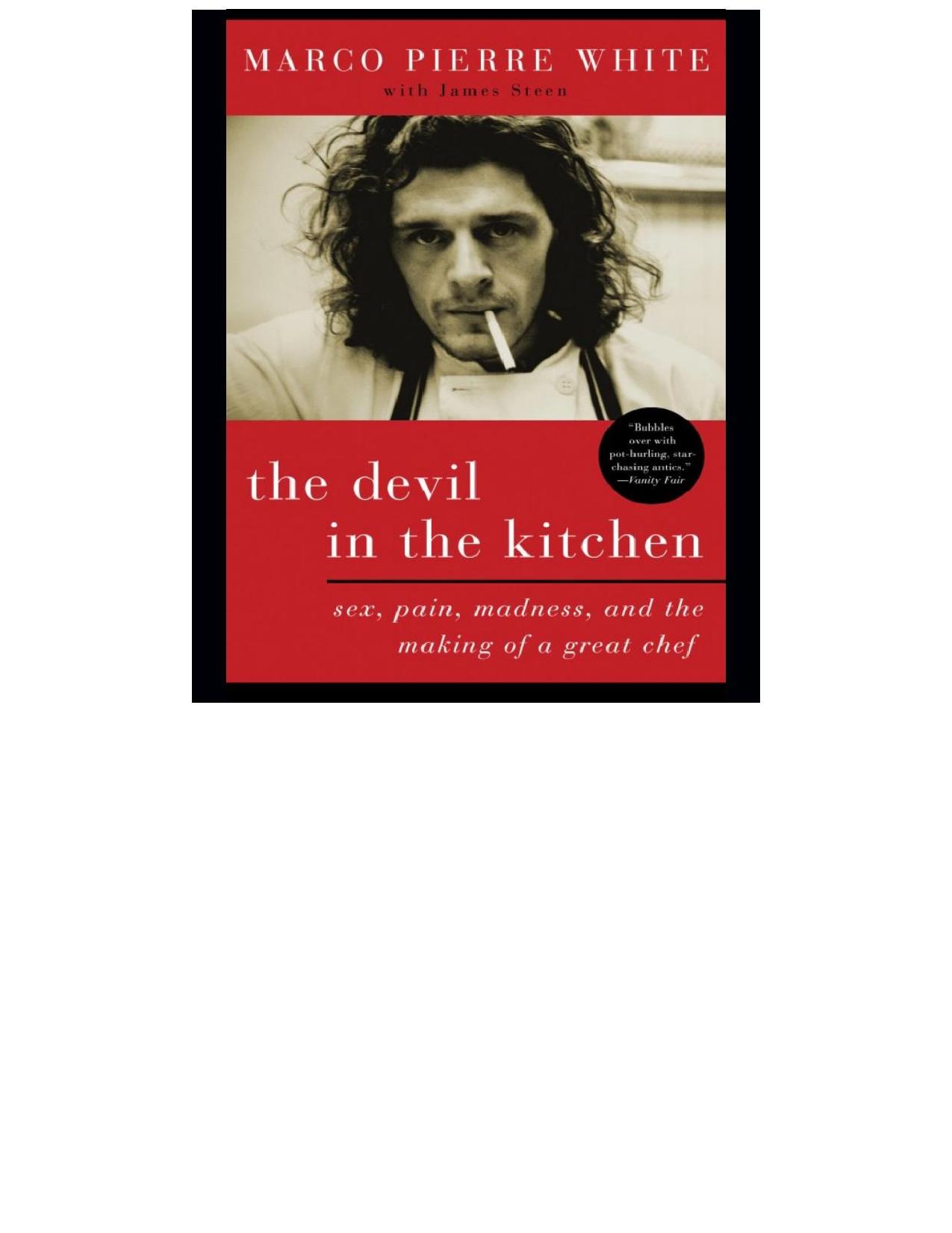
The Devil in the Kitchen
Sex, Pain, Madness, and the Making of a Great Chef
کتاب های مرتبط
- اطلاعات
- نقد و بررسی
- دیدگاه کاربران
نقد و بررسی

March 12, 2007
Reviewed by
James Oseland
The world's most celebrated chefs are divided into two opposing camps these days. In one, there are the do-gooder humanists like Alice Waters of Berkeley's Chez Panisse. In the other, there are the self-avowed holy terrors like Britain's Marco Pierre White, author of this plodding autobiography, co-written with James Steen and originally published in the U.K. in 2006 under the untoward title White Slave
. An influential figure in English cooking in the 1980s and '90s, White built an empire of London restaurants that included Harveys (where he became the youngest chef—at age 28—to win two Michelin stars), Mirabelle and the Oak Room. Famous folks like Michael Caine and Prince Charles were admirers of White's smart, decadent interpretations of classic French dishes.
But while White was widely lauded for his culinary skill, it was his flamboyant temper that most frequently earned him headlines. An avowed proponent of tongue lashings (White calls them "bollockings") toward kitchen staff for all manner of infractions, the chef claims that such harsh behavior is justified in the pursuit of excellent dining. "If you are not extreme then people will take short cuts because they don't fear you," White explains. What he dubbed his "theatre of cruelty" extended beyond his kitchen. During White's glory years, getting thrown out of one of his establishments by the enfant terrible himself was considered a badge of honor by some Londoners. White recounts in the book one such eviction, of a patron who had criticized his meal: "Staring at this dwarfish, patronizing man... I found myself saying, 'Why don't you just f— off?'"
Scenes like this make up the lion's share of The Devil in the Kitchen
; indeed, after a point, they become dirge-like in their predictability. Why, I asked myself midway through this book—right around the time that my discomfort at White's antics gave way to boredom—would readers, much less diners, want to be in the company of such a gregariously antisocial character? As is the case with virtually any autobiography, the answer is that we are seeking a window into the subject's soul, no matter how, well, unsavory that subject might be. His book, unfortunately, provides no such insights, offering readers little more than a continual, atonal concerto of scuffles with customers and insults to co-workers. Please, I wanted to say to White as I was reading, stifle all that alpha male stuff and just cook. (May)
James Oseland is the editor-in-chief of
Saveur magazine and the author of
Cradle of Flavor: Home Cooking from the Spice Islands of Indonesia, Singapore and Malaysia (Norton, 2006).

























دیدگاه کاربران